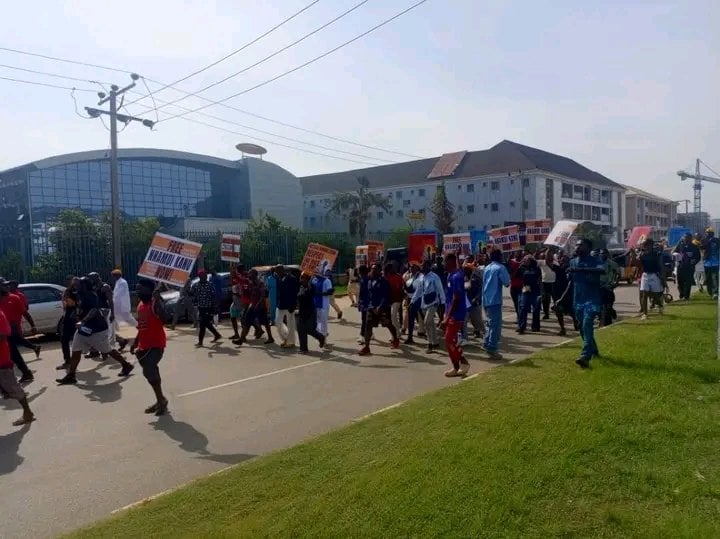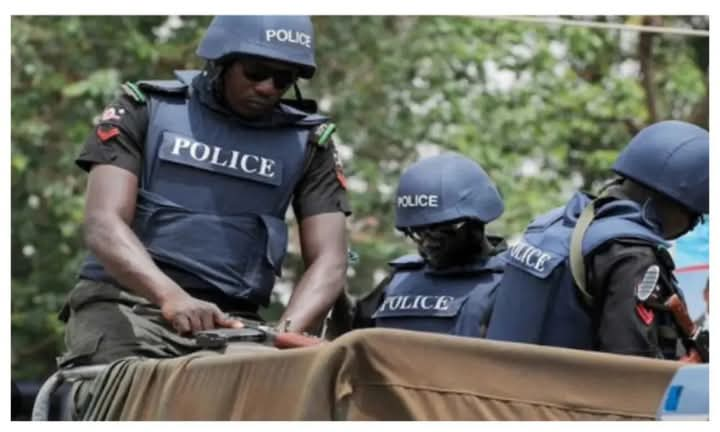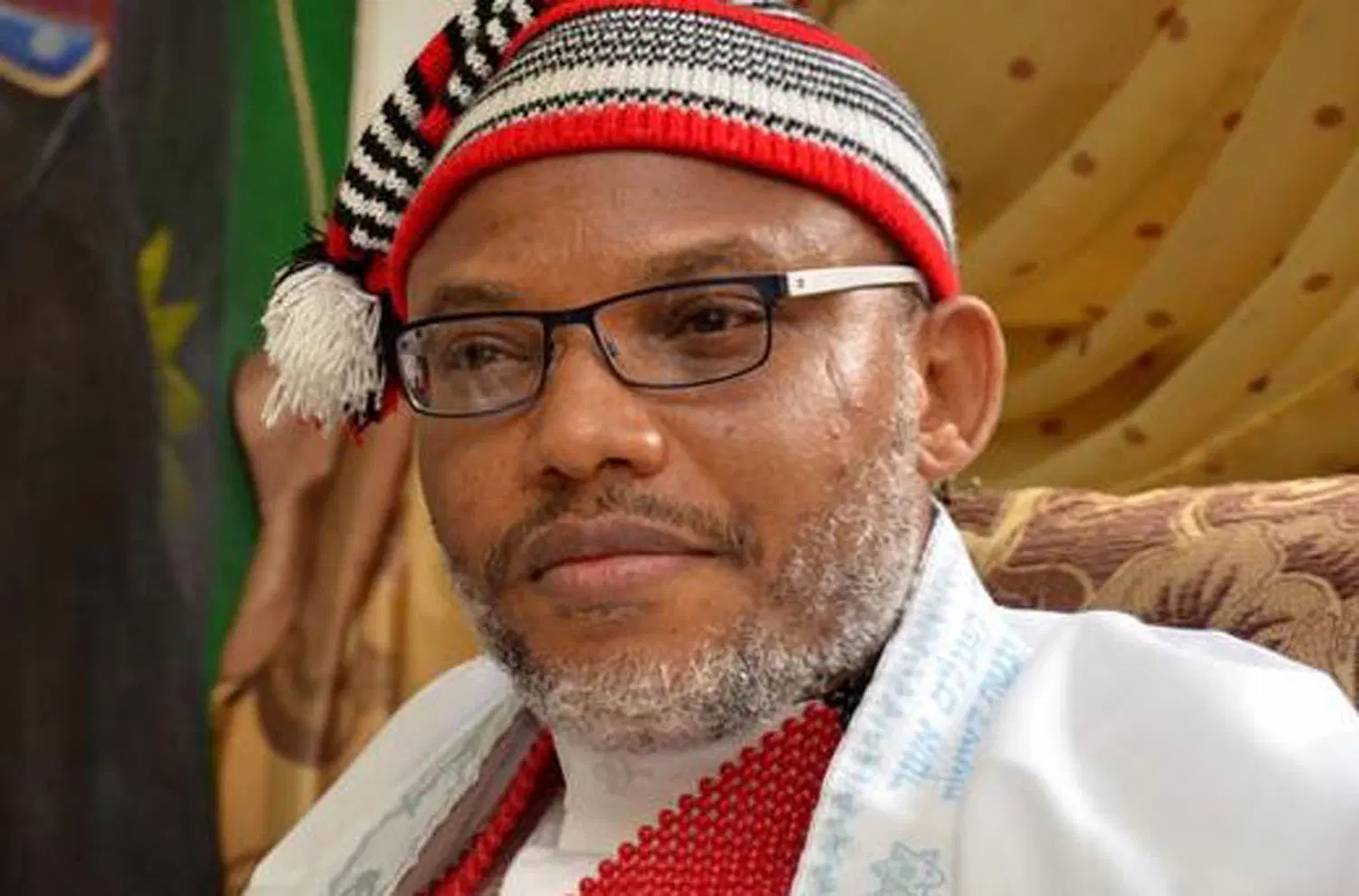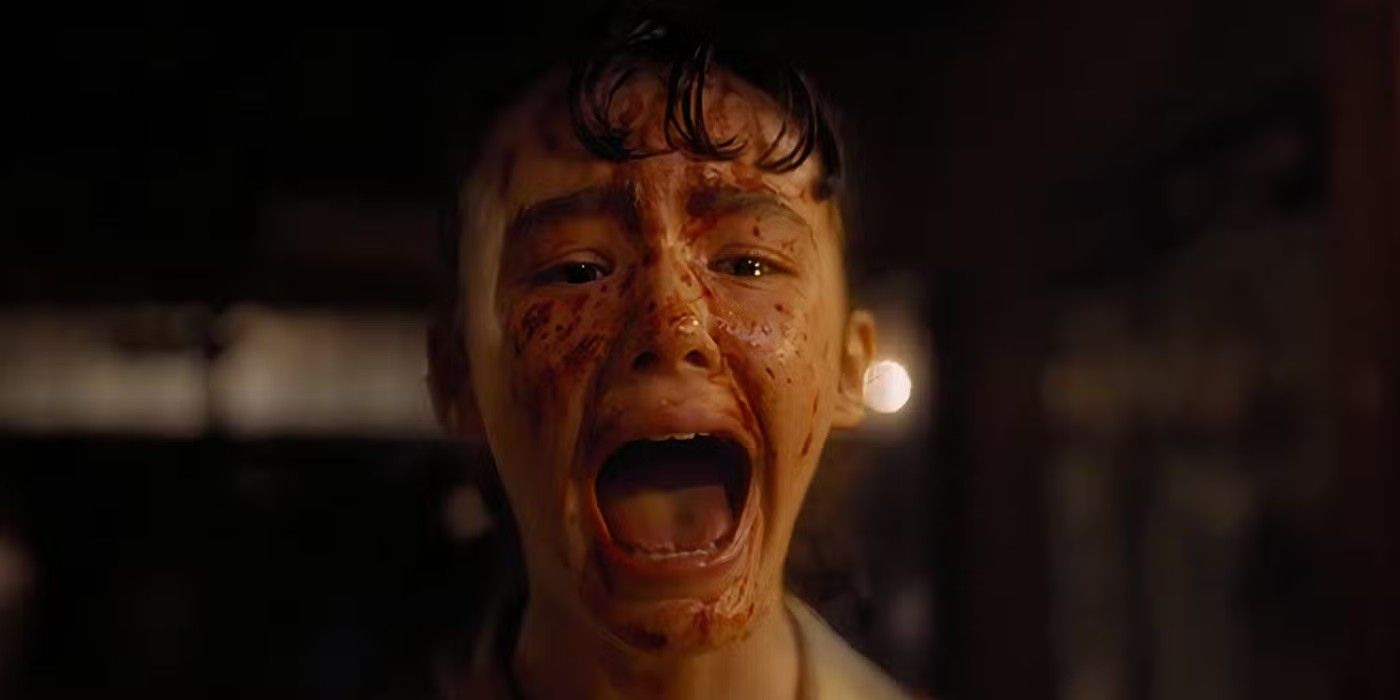Kanu's Courtroom Shocker: IPOB Leader Takes Over Own Defense Amidst New Revelations

On October 23, 2025, Mazi Nnamdi Kanu, the detained leader of the Indigenous People of Biafra (IPOB), stunned observers by dismissing his entire legal team and announcing his intention to personally conduct his defense in his ongoing terrorism trial before Justice Omotosho of the Federal High Court, Abuja.
This unexpected move, confirmed by Kanu himself in open court, marked a dramatic turning point in one of Nigeria’s most closely watched trials. The development left both his lawyers and the presiding judge momentarily stunned as the case took an unforeseen procedural twist.
Defense Team Withdraws
The withdrawal was formally announced by Chief Kanu Agabi (SAN), Kanu’s lead counsel, who informed the court that the defense team would be stepping down following the defendant’s decision to represent himself. Other members of the senior legal team including Onyechi Ikpeazu (SAN), Joseph Akubo (SAN), Paul Erokoro (SAN), and Emeka Etiaba (SAN) all withdrew from the case.
Hon. Obi Aguocha, a Member of the House of Representatives, who attended the hearing, described Kanu’s decision as extraordinary but lawful, citing Section 36(6) of the 1999 Constitution of the Federal Republic of Nigeria (as amended), which allows an accused person to conduct their own defense.
Aguocha, speaking to ARISE News, emphasized the constitutional requirement that defendants be given “adequate time and facilities for the preparation of their defense” as outlined in Section 36(6)(b). He criticized what he called the “government’s rush to conclude the trial,” pointing out that while the prosecution had a decade to prepare its case, Kanu was granted just five days to mount his defense, a disparity he labeled “deeply unjust in a capital offense with national security implications.”
He also raised concerns about the lack of confidentiality in Kanu’s communication with his lawyers, alleging that court-approved meetings in Court Seven which contains surveillance cameras and audio recording devices could be monitored by state agents, mirroring the conditions at the Department of State Services (DSS) facility where Kanu is held.
Allegations of Judicial Bias and Contempt
Barrister Onyedikachi Ifedi, one of Kanu’s former lawyers, characterized the session as further evidence of “state-engineered persecution.” He accused the government of ignoring the Court of Appeal’s October 2022 judgment, which discharged and acquitted Kanu of all charges.
According to Ifedi, the Supreme Court of Nigeria only permitted the Federal Government to refile charges, not to continue detaining Kanu indefinitely. “His continued incarceration,” Ifedi asserted, “is a blatant act of contempt against the appellate ruling.” Citing the landmark English case Hadkinson v. Hadkinson (1952), he reminded the court that “a party in contempt cannot be heard until they obey an existing court order.”
Dispute Over Legal Framework
Kanu also raised a fundamental jurisdictional objection, arguing that his trial was being conducted under repealed legislation — namely, the Terrorism (Prevention Amendment) Act 2013 and Customs and Excise Management Act (CEMA) 2004 — instead of the Terrorism Prevention and Prohibition Act 2022, which replaced them.
Ifedi criticized Justice Omotosho’s decision to defer ruling on the jurisdictional issue until after the trial’s conclusion, calling it “a dangerous precedent that undermines fair hearing.” He noted that by proceeding under outdated laws, the court risked “invalidating the entire proceedings.”
The Road Ahead
This latest courtroom twist has added new complexity to a case that has long polarized Nigerian politics and international human rights discussions. Kanu’s decision to represent himself could expose him to significant procedural risks, but it also underscores his determination to challenge what he and his supporters view as a politically motivated prosecution.
Observers believe that how the court manages this phase — including whether it upholds constitutional guarantees of fair hearing — will have profound implications not just for Kanu’s fate, but for Nigeria’s rule of law and judicial credibility before global observers such as Amnesty International.
Recommended Articles
Democracy Under Siege: Outcry Explodes Over Sowore's Arrest During Free Nnamdi Kanu Protests

The arrest of activist Omoyele Sowore during #FreeNnamdiKanu protests in Abuja has ignited nationwide outrage, with righ...
Nnamdi Kanu's Courtroom Drama: IPOB Leader Dumps Lawyers, Vows Self-Defense

Nnamdi Kanu, the leader of IPOB, has disengaged his legal team and opted to defend himself in his terrorism trial. Despi...
Tensions Rise as #FreeNnamdiKanu Protests Erupt Across Abuja and Abia Amid Political Firestorm

Protests demanding Nnamdi Kanu’s release grip Abuja and Umuahia, disrupting activities and sparking political tension. G...
Chaos in Abuja: Police Crack Down on #FreeNnamdiKanu Protest, Journalists Arrested

Security operatives in Abuja on Monday foiled a major protest demanding the release of detained IPOB leader Nnamdi Kanu,...
Court Halts #FreeNnamdiKanu Protest as Aso Rock Heightens Security, Southeast Region in Confusion

A Federal High Court in Abuja has blocked Omoyele Sowore’s #FreeNnamdiKanu protest, issuing an order restricting demonst...
You may also like...
Consumerism vs Culture: Is Africa Trading Values for Trendy Lifestyles?

Is Africa trading its cultural values for trendy lifestyles? Explore how consumerism, foreign brands, and social media p...
The War on Boys: Are African Male Being Left Behind in Gender Conversations

Why are African boys and men often left out of gender empowerment programs? Explore how emotional suppression, lack of m...
Pay Slip, Motivation Slips: The Silent Crisis Among the Working Class

Across Nigeria, millions of workers are trapped in jobs that pay just enough to survive but too little to live. Beneath ...
Premier League's Unsung Heroes: Bournemouth, Sunderland, and Tottenham Shockingly Exceed Expectations

This Premier League season sees teams like Bournemouth, Sunderland, and Tottenham exceeding expectations. Under Thomas F...
El Clasico Fury: Yamal Controversy and Refereeing Blunders Ignite Post-Match Debates
)
Real Madrid secured a 2-1 El Clasico victory over Barcelona amidst significant controversy surrounding a late penalty de...
Kate Hudson & Hugh Jackman Eyeing Oscars with ‘Song Sung Blue’ Breakthrough

"Song Sung Blue" tells the true story of Mike and Claire Sarina, who find love and acclaim as a Neil Diamond tribute ban...
Pennywise Unleashes Horror: 'It: Welcome to Derry' Premiere Shocks Viewers

HBO Max's "IT: Welcome to Derry" plunges audiences into 1962 Derry, Maine, exploring the origins of Pennywise with a bru...
Zimbabwe's Ammara Brown Stages 'Spectacular' Comeback, New Album Imminent!

Ammara Brown triumphantly returned to the music scene at the Castle Lager Braai Festival after a year-long maternity bre...